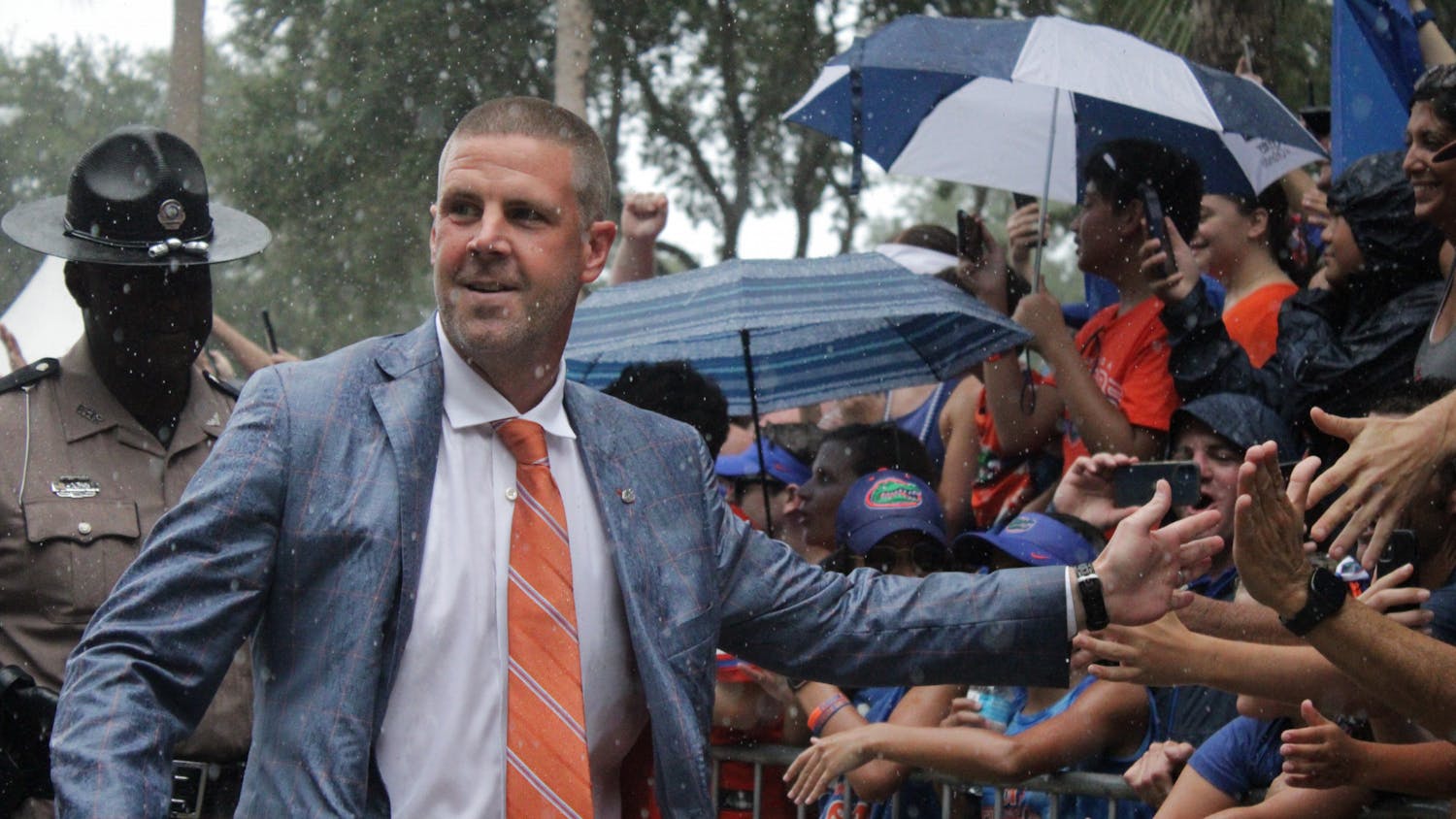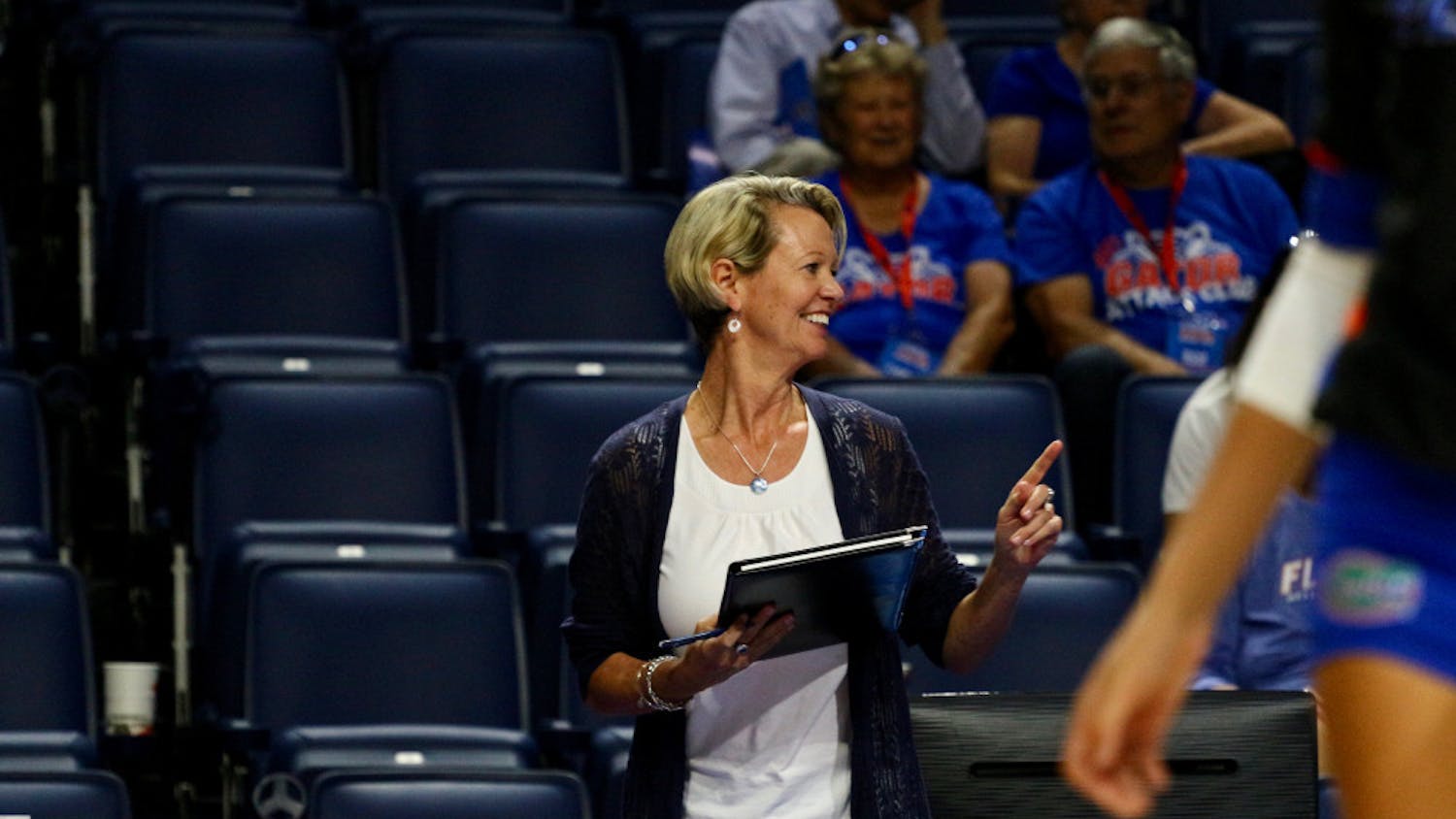The Democratic Republic of the Congo: a country we tend to think of so little that many would struggle to identify it on a map. Many Americans remain unaware of the political corruption and militia violence that ravages the lives of Congolese civilians and refugees residing in the DRC. (Do not fret: I only just learned all this while producing this piece.)
For the past year, the primary source of internal political tension has emerged from President Joseph Kabila’s attempts to extend his presidential term limits. According to Article 70 of the 2006 revised DRC constitution, the president serves a five-year term limit and can be re-elected only once. All together, Kabila has led the DRC for about 14 years and wishes to extend his presidency even further. The Congolese people are not happy.
In spite of Kabila’s success in reintroducing democratic elections to post-civil war DRC, the Congolese have every right to be upset with their government. While the citizens of the DRC uphold their democracy and constitution as tenets of hope for their country, Kabila feels his administration and influence are most essential to the DRC’s security, which has only resulted in top-down political corruption and malpractice.
Lack of accountability within the military is a clear example of such malpractice. In November 2012, the Congolese army took hold in the town of Minova in eastern DRC. Thirty-nine army members were charged with rape and abuse of innocent Minova civilians, yet only two were convicted and removed from rank. Congolese activist Justine Masika argued, "In the current system, where the military court has the responsibility to judge these grave crimes, it’s difficult for (internal investigations) to stay independent."
Moreover, security forces take violent and extreme measures against protesters. In January of this year, when DRC lawmakers delayed a vote over the legislation concerning Kabila’s term limits, protestors took the streets of capital city Kinshasa. Security forces opened fire and killed 42 protesters in the span of about a week, actions the International Federation of Human Rights claim "(have) unfortunately become a frequent occurrence in the DRC."
To top it all off, the government has yet to engage and register the estimated 5 million new voters since the previous 2011 election, which has Congolese youth especially misrepresented and distressed.
In light of all this tragedy, hope and optimism are alive and well. In the streets of Goma, the main city in eastern DRC, youth and activist members are turning to hip-hop to voice their concerns and political misgivings. Young artists like 27-year-old Jobson Katondolo, sponsored by Yole!Africa, an organization dedicated to bringing art and opportunity to youth across Africa, often sit down with children and teenagers of Goma to jam, record music and discuss political activism.
Not only do these opportunities give youth a sense of purpose, in turn countering the incentive to join armed groups and militias, but they also spread activist developments to other cities, such as the Filimbi movement designed to encourage political engagement among the youth in Kinshasa. In the words of Yole!Africa coordinator Ganza Buroko: "When people are shut down we have to develop new strategies to rise up." And these kids are definitely rising up.
So, why does this matter? Well, with the exception of Egypt and Libya, Africa receives strikingly little coverage from Western media. Yet, contrary to popular belief, the problems the Congolese face are not all that different from our own problems, casting aside the looming threat from reprehensibly violent militias.
Devastated by decades of war, disenfranchised by a non-transparent government and disheartened by brutality against protestors, DRC youth and activists demonstrate for justice, peace and democracy. We can stand to learn a lot from the struggle of our Congolese brothers.
David Hoffman is a UF history and physics sophomore. His column appears on Tuesdays.





